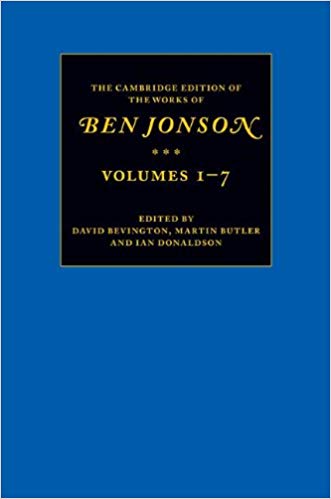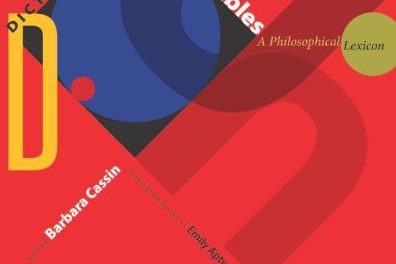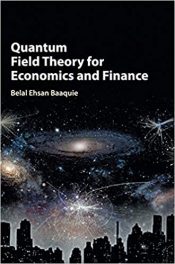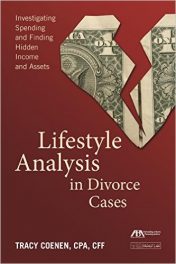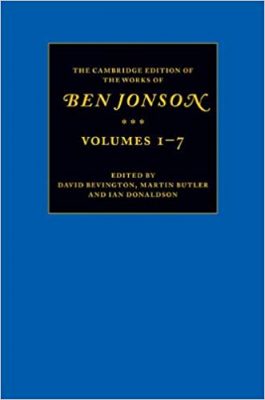 Volume 1: 1597-1601 – 555 pages
Volume 1: 1597-1601 – 555 pages
Volume 2: 1601-1606 – 712 pages
Volume 3: 1606-1611 – 762 pages
Volume 4: 1611-1616 – 728 pages
Volume 5: 1616-1625 – 721 pages
Volume 6: 1626-1636 – 700 pages
Volume 7: 1636-1641 – 792 pages
Editors: David Bevington, Martin Butler, and Ian Donaldson
Publisher: Cambridge University Press – total 4,970 pages
Book Review by: Sonu Chandiram
This work of seven volumes presents Ben Jonson’s complete writings on the light of current editorial thinking and recent scholarly interpretation and discovery. It presents a clear case of the shape, scale, and variety of the entire Jonsonian canon, including plays, court masques and entertainments, poems, prose works, and letters.
The texts, which are edited in modern spelling, appear in chronological sequence. They have been freshly established from a comprehensive surveys of manuscripts and printed sources. Each is accompanied by an introduction containing essential information about its date, sources, and interpretation and is supported by a detailed, on-page commentary and collation.
This print edition presents Jonson’s texts in a form which combines thoroughness of explanation with readability. Further rich textual and contextual resources essential to the study of Jonson will be found in the electronic edition. The edition as a whole – print and electronic versions – explicates Jonson’s works fully in the light of modern scholarship, making hem accessible to students, scholars, theatrical practitioners, and anyone wishing to explore the work of Shakespeare’s great contemporary.
Benjamin Jonson, known in short as ‘Ben Jonson’ who lived during the years 1572 and 1637, was an English playwright and poet, whose artistry exerted a lasting impact upon English poetry and stage comedy. He popularized the comedy of humours, and he is best known for these: satirical plays: Every Man in His Humour (1598), Volpone, or The Fox (1606), The Alchemist (1610), and Bartholomew Fair (1614). He is also known for his lyric and epigrammatic poetry.
Jonson is considered to be the second most important English dramatist during the reign of James I, after William Shakespeare (1564-1616) who is regarded as the greatest writer in the English language by one of the three editors of this work David Bevington, who also published a book in 2002 entitled Shakespeare.
Jonson was a classically-educated, very well-read and cultured man of the English Renaissance with an appetite for controversy (personal and political, artistic and intellectual) whose cultural influence was of unparalleled breadth upon the playwrights and the poets of the Jacobean era (1603–1625) and of the Caroline era (1625–1642).
By summer 1597, Jonson had a fixed engagement in the Admiral’s Men, then performing under Philip Henslowe‘s management at The Rose. John Aubrey reports, on uncertain authority, that Jonson was not successful as an actor; whatever his skills as an actor, he was evidently more valuable to the company as a writer.[
By this time Jonson had begun to write original plays for the Admiral’s Men; in 1598 he was mentioned by Francis Meres in his Palladis Tamia as one of “the best for tragedy.” None of his early tragedies survive, however. An undated comedy, The Case is Altered, may be his earliest surviving play.
In 1597 a play which he co-wrote with Thomas Nashe, The Isle of Dogs, was suppressed after causing great offence. Arrest warrants for Jonson and Nashe were issued by Queen Elizabeth I‘s so-called interrogator, Richard Topcliffe. Jonson was jailed in Marshalsea Prison and charged with “Leude and mutynous behaviour”, while Nashe managed to escape to Great Yarmouth.
Two of the actors, Gabriel Spenser and Robert Shaw, were also imprisoned. A year later, Jonson was again briefly imprisoned, this time in Newgate Prison, for killing Gabriel Spenser in a duel on 22 September 1598 in Hogsden Fields (today part of Hoxton).
Tried on a charge of manslaughter, Jonson pleaded guilty but was released by benefit of clergy,[3] a legal ploy through which he gained leniency by reciting a brief bible verse (the neck-verse), forfeiting his ‘goods and chattels’ and being branded on his left thumb. While in jail Jonson converted to Catholicism, possibly through the influence of fellow-prisoner Father Thomas Wright, a Jesuit priest.
In 1598 Jonson produced his first great success, Every Man in His Humour, capitalising on the vogue for humorous plays which George Chapman had begun with An Humorous Day’s Mirth. William Shakespeare was among the first actors to be cast. Jonson followed this in 1599 with Every Man out of His Humour, a pedantic attempt to imitate Aristophanes. It is not known whether this was a success on stage, but when published it proved popular and went through several editions.]
Jonson’s other work for the theatre in the last years of Elizabeth I‘s reign was marked by fighting and controversy. Cynthia’s Revels was produced by the Children of the Chapel Royal at Blackfriars Theatre in 1600. It satirised both John Marston, who Jonson believed had accused him of lustfulness in Histriomastix, and Thomas Dekker.
Jonson attacked the two poets again in Poetaster (1601). Dekker responded with Satiromastix, subtitled “the untrussing of the humorous poet”. The final scene of this play, whilst certainly not to be taken at face value as a portrait of Jonson, offers a caricature that is recognisable from Drummond’s report – boasting about himself and condemning other poets, criticising performances of his plays and calling attention to himself in any available way.
This War of the Theatres appears to have ended with reconciliation on all sides. Jonson collaborated with Dekker on a pageant welcoming James I to England in 1603 although Drummond reports that Jonson called Dekker a rogue. Marston dedicated The Malcontent to Jonson and the two collaborated with Chapman on Eastward Ho, a 1605 play whose anti-Scottish sentiment briefly landed both Jonson and Chapman in jail
Editors:
David Bevington is the Phyllis Fay Horton Distinguished Service Professor Emeritus in the Humanities at the University of Chicago.
Martin Butler is Professor of English Renaissance Drama at the University of Leeds.
Ian Donaldson is Emeritus Professor at Australian National University in Canberra, and Honorary Professional Fellow at the University f Melbourne.

